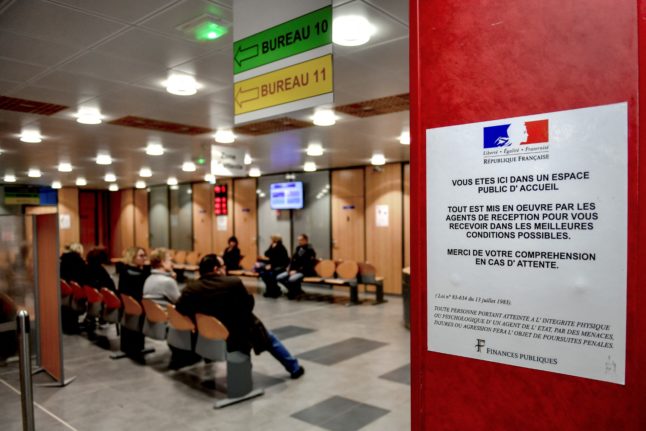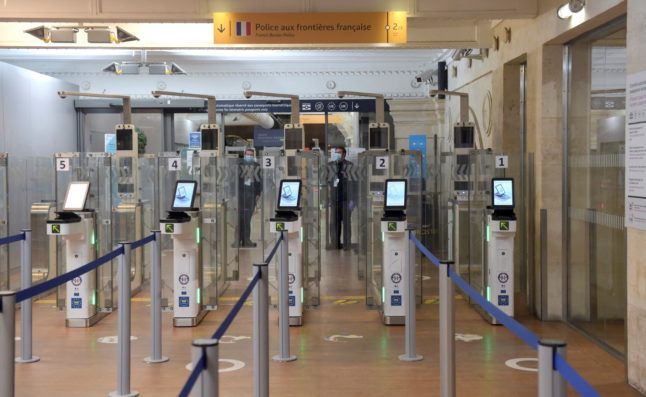Staff at an as-yet unspecified number of French ministries will take part in the ‘voluntary’ trial that will last for ‘at least a year’, according to reports, with the trial set to start by autumn.
The Direction générale de l’administration et de la fonction publique (DGAFP) is set to finalise which government departments will be involved in the trial in April or May.
Working time modulation will begin “no later than September 2024, for a period of at least one year”, according to a memo from the DGAFP, seen by AFP.
The trial will last for “at least one year”, according to reports.
France is following in the footsteps of several European countries who have run successful trials of a four-day week for public employees, including Spain and Ireland.
The experiment will take place in Paris and in services outside the capital.
“It will be up to each department head to determine the relevance”, of conducting the trial.
In addition to the four-day week, administrations will be able to test a four-and-a-half-day week, or alternating between four- and five-day weeks.
The experiment will be carried out on a “voluntary” basis, but civil servants with “statutory service obligations”, such as teachers, or timetables that differ from the traditional five-day week, will not be included in the trial.
Under the trial, however, services open to the public, will not have opening times cut, and – according to the DGAFP – may open for longer because of staggered working times.
Furthermore, the trial “will be carried out on a constant headcount basis” and without reducing the legal working time of 1,607 hours per year, the DGAFP memo said.



 Please whitelist us to continue reading.
Please whitelist us to continue reading.
Member comments